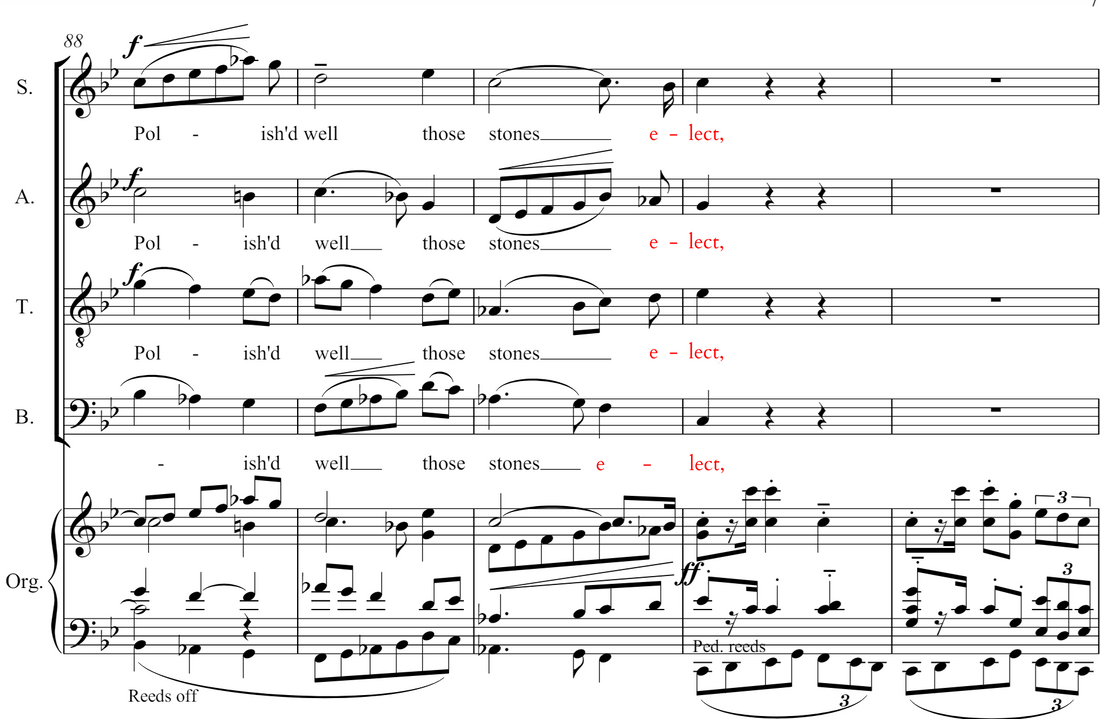In 1893, former Durham choristers were surveyed as to their post-chorister careers a decade after leaving. They included an organist, a teacher of music (neither of which is surprising), various clerks, a brass finisher, a currier, and an engineer. Choristers have always gone onto a huge range of careers, many of which are entirely owing to the person's having been a chorister at all.
This continues today.
As of 5 July 2024, The Rt Hon David Lammy - a former Peterborough chorister - is the new Foreign Secretary. An MP since 2000, a friend of Barack Obama, a Harvard law graduate - how much of Lammy's career was influenced by his appointment as a chorister in 1982?
Becoming a chorister does not presume - nor ever has presumed - a future career in music. This is not something that musicians would think, but which the wider public might be forgiven for considering. "If my child becomes a chorister, they will become a musician in a church or cathedral somewhere."
Chorister life sets out the foundations of so much strength which grows into later life. It is so much more than music.
The Times reported on David Lammy's journey from the son of the Windrush generation to (when the article was written, presumed) Foreign Secretary, noting the significance of his appointment as a chorister at Peterborough as a conduit through which that opportunity was magnified.
As The Times said, "the discipline of choral practice and high academic standards opened his eyes to ambition." This, perhaps more than learning the dots, is what chorister life brings. Potential. Potential to know more, to understand more, to realise more. To be more.
Lammy was the only black chorister. But it was the central elements of being a chorister which gave "stillness and serenity" through those challenging barrier-breaking acts.
How many musicians, in making music, feel that sense of stillness and serenity? That, through difficulty and challenge it is the act of music-making which takes away the strain and stress from our disordered lives? Whether you were a chorister two years ago or twenty, or are still, that familiar calmness is as strong today as it ever was. The Times reporter went back to Peterborough Cathedral with Lammy. "Leading me through the nave to the choristers’ pews, he seems as at home as if in his living room."
In his talk on The Privilege of Choristership, Alexander Armstrong - a former chorister from St Mary's, Edinburgh - refers to the far-reaching impact chorister life has on those experience it:
And let's not overlook the discipline of choristership; the order it brings to a young person's often chaotic life, the friendship, the focus. Punctuality is one of the first lessons you learn: the ignominy of arriving even a minute late is something no chorister wants to experience twice. Then self-possession, decorum and grace are all attributes you quickly learn to fake - in the first instance - before adopting them for real as you gradually mature. But where else in the modern world is a child taught gravitas? Where else is a child taught, for example, to bow with proper dignity and humility?
So when considering chorister life for your child, you are not just setting them up with a passion for Purcell, or a love of Langlais - though they will get that, too. You are not just ensuring they understand and appreciate music, gain a sense of spiritual sustenance, or providing them with the tools for exceptional teamwork - though again, this too they will learn and cherish.
Chorister life is so much more than music.
As a chorister, a whole world of experiences, potential, and opportunities is unlocked. And, who knows, that might one day lead that child to become the next Secretary of State for Foreign, Commonwealth and Development Affairs of the United Kingdom.

